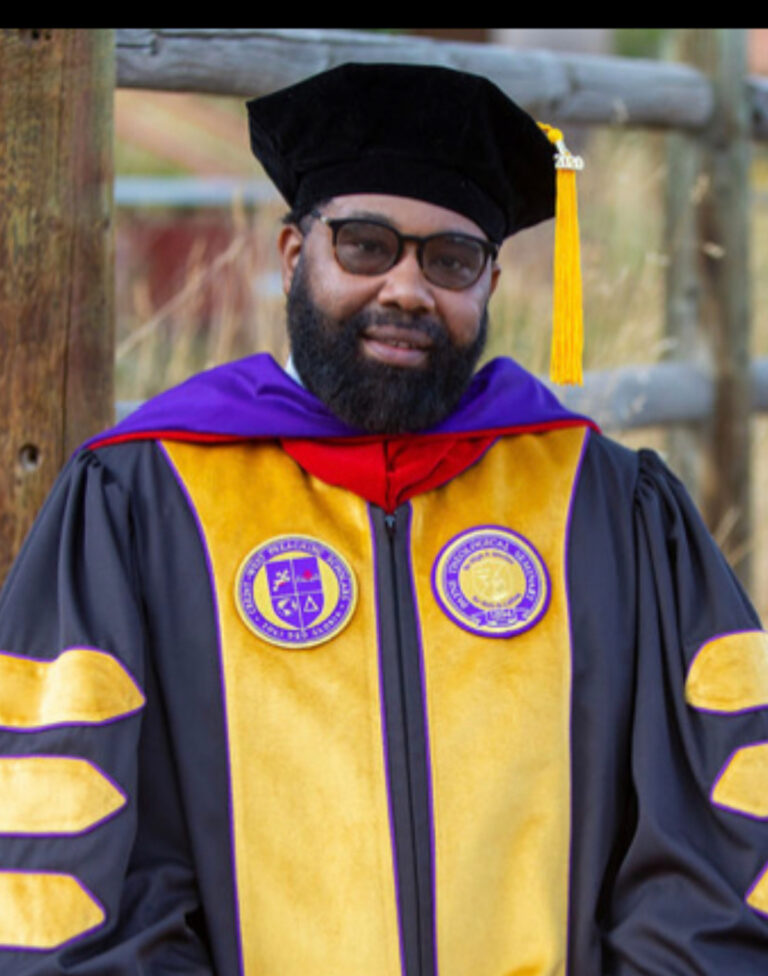Are Hispanics wasting Columbus Day?
Columbus Day has become an awkward occasion, either politely ignored or loudly denounced.
As is often forgotten, the official holiday, which Colorado was the first state to codify in 1907, grew out of turn-of-the-century celebrations of Italian pride in Pueblo- a steel-mill town then known as “the melting pot of the west.” But the successful assimilation of Catholic Italians into the country’s cultural mainstream, where WASP gradually gave way to white, left a holiday that, rather than empower American underdogs, antagonized Native Americans for glorifying the wellspring of their ancestors’ genocide.
Columbus, an agent of Iberian monarchs from the northern Republic of Genoa, was always an odd hero for an Italian diaspora drawn mainly from Italy’s poor south. Nevertheless, he was a vehicle, however imperfect, for Italians to write themselves into their new country’s foundation myth, much like Lin-Manuel Miranda’s musical “Hamilton” uses the Founding Father’s Caribbean origins to recast him as a precursor of multiculturalism.
But the focus on Columbus by Native Americans is equally strange. Except for a brief stop in Puerto Rico, Columbus never visited any part of what became the United States.
Moreover, the Spanish who arrived in Columbus’ wake were the avowed enemies of British colonists and their descendants, the latter of whose drive to exterminate Native Americans reached its zenith during Manifest Destiny- centuries after Columbus’s death. This is not to say that Native Americans do not deserve a day of historical memory, which they clearly do; rather, that Columbus Day compared to, say, Thanksgiving, makes an imprecise target. Indeed, African Americans, victims of a slave trade practiced from the earliest days of Europeans in the New World, have a better case against Columbus as an oppressor.
Strangest of all is that discussions of Columbus Day rarely involve the country’s 57 million Hispanics, including 21% of our state’s population- a group that for all its diversity of race and geographical origin is unified by an indelible connection to Spanish colonization. There is much to say about the barbarity of the Spanish in the New World, but compared to the systematic elimination of Native Americans in North America there is no easy equivalence. Moreover, as the number of U.S. citizens of Hispanic heritage has surpassed that of British, Native American or African descent, theirs is the experience of European colonization most relevant to our nation.
Fitting, then, that the dueling meanings of Columbus Day today are particularly suited to the contradictory circumstances of the country’s Hispanics: simultaneously victims of European colonization, like Native Americans, and, like the Italians, voluntary immigrants from a Latin culture seeking a share of the American dream.
When we are daily reminded of our nation’s failure to overcome racial and ethnic divides, a holiday that recalls a contrasting experience of successful assimilation is useful as a positive alternative for a Hispanic population understandably frustrated by resurgent nativism. The Hispanic experience in the Untied States will doubtless differ from that of European immigrants, as it has already. But it will also escape the worse tragedies that African and Native Americans have suffered.
Rather than a triumphalist celebration of European conquest, as the holiday is often misunderstood, or an occasion refocused exclusively on the suffering of indigenous communities, as it now is in Denver, Columbus Day in America could usefully become an opportunity to think about our role within a larger and more complex story of the Americas. After all, it is not only a significant share of our population, but also a sweeping section of the country’s southwest and island possessions that connects today’s U.S. to the Spanish colonial history stemming directly from Columbus’ early October landfall. Such a holiday, whatever its title, could help Hispanics claim their central role in both the present and the past of our country’s territories- particularly the West.
How appropriate, then, that Columbus Day began in Colorado, a state whose very name- a Spanish adjective meaning “colored” etymologically, but referring originally to the Colorado River’s reddish silt- undercuts both the nativist argument that what is Hispanic is somehow not American, or the idea that anything about European colonization’s legacy is strictly black or white.












